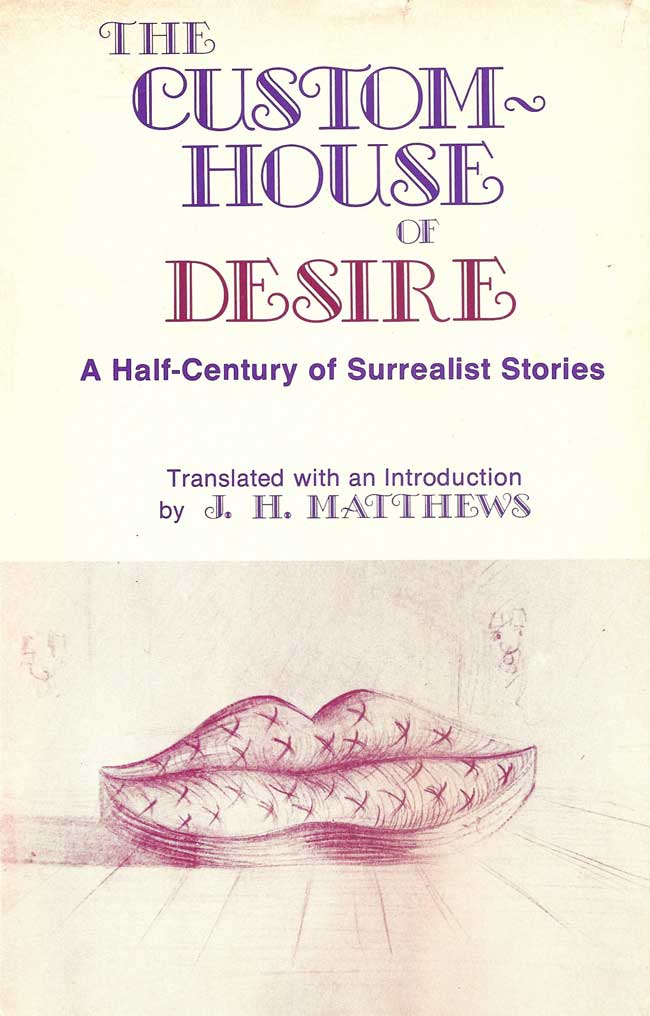Georges Sebbag / 1942-
Born in Marrakech, Morocco, Georges Sebbag contributed to the catalog of the eleventh international surrealist exhibition (1965) a text entirely in keeping with the dominant theme of the show, signaled in its title L’Écart absolu (Absolute Divergence).
Taking up an important question, touched on in a long passage in Breton’s Nadja, Sebbag noted how we are « maintained by work in society. » Work, which has become a form of expiation, necessarily inculcates the idea of sin, particularly abhorrent to surrealists. Work, moreover, rests upon the unacceptable principle of reason. Hence idleness seems to Georges Sebbag, author of a book about daily life called Le Masochisme quotidien (1972), something more than a protest against repetitiveness of existence to which work gives a monotonous rhythm. It is also the affirmation of life.
Indifference to the kind of work society recognizes as fruitful brings into focus questions Sebbag considers to be essential: What are we to do, how, and for what purpose? To what, in other words, can we profitably devote our time? Protesting against work means placing faith in the nonutilitarian use of time, or, rather, revising our sense of what a useful occupation might be for time. Thus, when the narrative is over, the principal characters of Séduire, the story Sebbag published in the second number of L’Archibras in October 1967, have done no more than spend a few hours together. What matters, though, is how those hours have been spent.
In his untitled text in L’Écart absolu Sebbag advised « Behaving in the way those oneiric clouds are formed that move about, condense, and take on color. » And he recommended on the same occasion insulting « the sordid occupations certain men contrive to propose to others. » Hence the only kind of work in which Sebbag is prepared to see validity is represented by the task summed up in a phrase whose obscurity is dissipated when we read Séduire: « words and gestures, staging and intention, social body and historical intensity. »
Unsuspected subtleties in human relationships are brought to the surface when we engage in an activity beyond the range of the utilitarian, as defined by the work principle. This is an activity, the antisocial nature of which surrealists have always enthusiastically saluted: love. Love sets the stage in Séduire, where word and gesture are dramatized by their inadequacy to the task of embracing the event in which the characters find themselves involved.
J.H. Matthews
